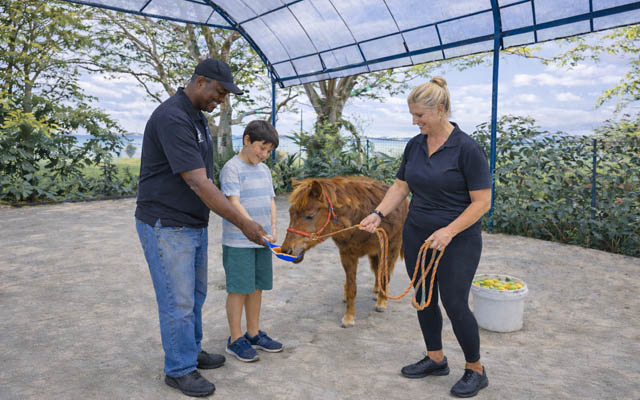RateHawk, a B2B booking platform, has found in a global study that nearly half of travel agents fear competition from AI, which they believe could eventually replace their roles. Released for World Tourism Day, the study comes as generative AI gains popularity among travellers for planning and managing trips, and explores how agents view these tools and how the industry can adapt while preserving the value of human service.
The report, What Supercharges Travel Professionals, draws on responses from over 1,300 travel agents across Europe, North America, Latin America, Asia and the Gulf Cooperation Council (GCC). Earlier sections analysed motivating and demotivating factors, as well as the most in-demand technologies for travel professionals.

The findings reveal divided views on AI’s impact. Globally, 56% believe AI will not replace them, while 44% see it as a real possibility. In Asia and the GCC, 60% and 55% respectively believe replacement is likely. In Europe (58%) and Latin America (55%), the majority do not share this concern. North America is the most sceptical, with only 20% believing AI could take over their jobs. However, interest in using AI tools is strongest in the US and Canada, with 45% open to adopting personalisation tools to improve efficiency.
Views also vary by experience. Among those with less than three years in the industry, 51% think AI could replace them. Among those with over 15 years’ experience, the figure drops to 40%.
Despite these concerns, one in three travel professionals globally are willing to use more AI tools in their work. Beyond AI, the survey shows strong interest in automation, advanced analytics and mobile booking tools.
The report also highlights broader challenges. While 92% of travel agents are satisfied with their careers, they face strong competition, rising client expectations and the time-consuming search for the best deals. To address these pressures, 29% want more technology to streamline their work.
Astrid Kastberg, managing director of RateHawk, commented: “The travel industry, valued at US$10.9 trillion in 2024 by the World Travel and Tourism Council (WTTC), is going through significant changes. According to research by Kantar, 40% of global travellers have already used AI tools to plan their trips, and 62% are open to using them in the future. While this may seem concerning for travel professionals, the rise of generative AI is also driving higher expectations for personalised experiences. In fact, reports show that more than half of younger travellers want a travel agent or trusted advisor to help them plan major trips. For agents, this means that professional expertise and the human touch are becoming even more valuable as demand for customised service continues to grow.
“We see the future of travel as a blend of human expertise and innovative technology. By using AI, we develop tools that support agents behind the scenes – from intelligent rate matching and content management to hotel search, automated support, chatbots, and voice assistants that ensure booking security. These solutions empower agents to deliver more efficient, reliable, and competitive services to their clients. We believe that as long as agents continue to adapt and innovate, their skills and knowledge will remain indispensable.”


















